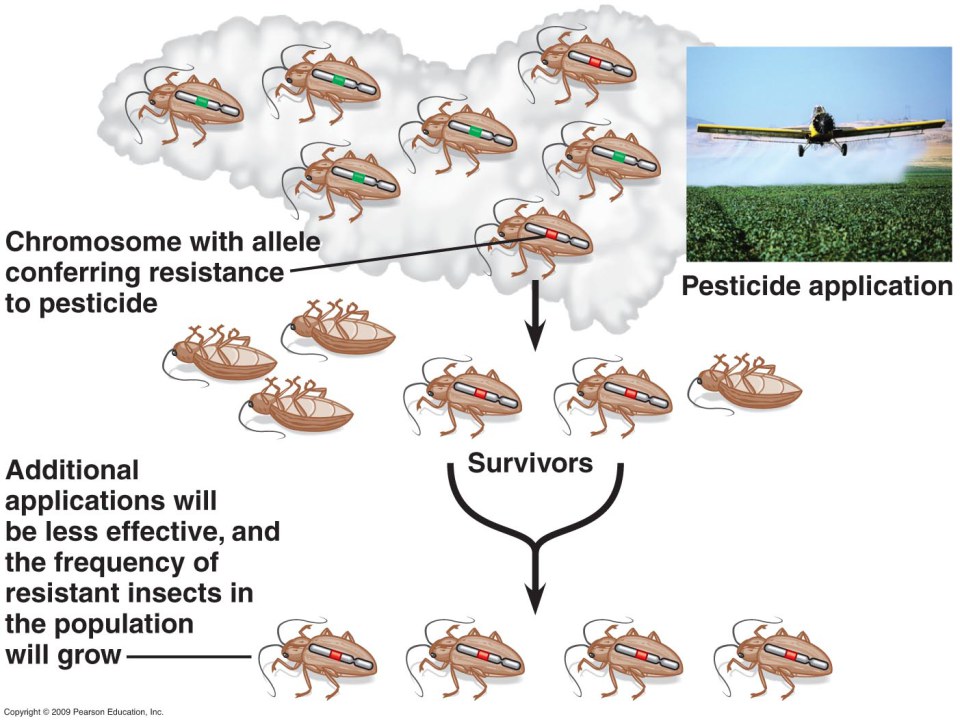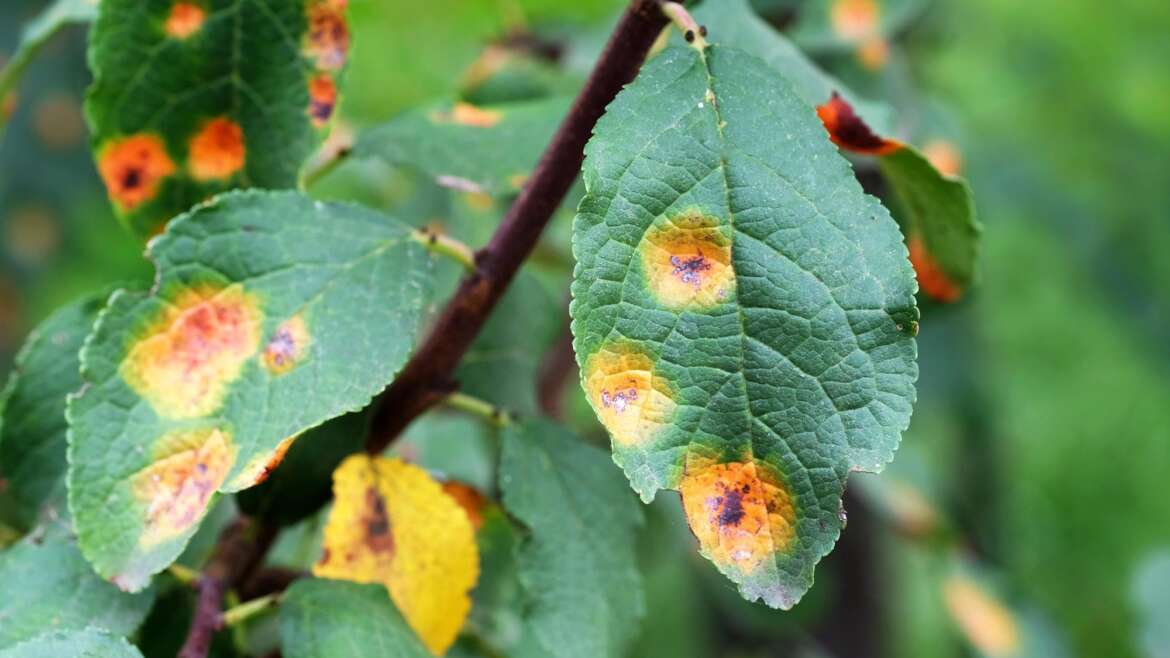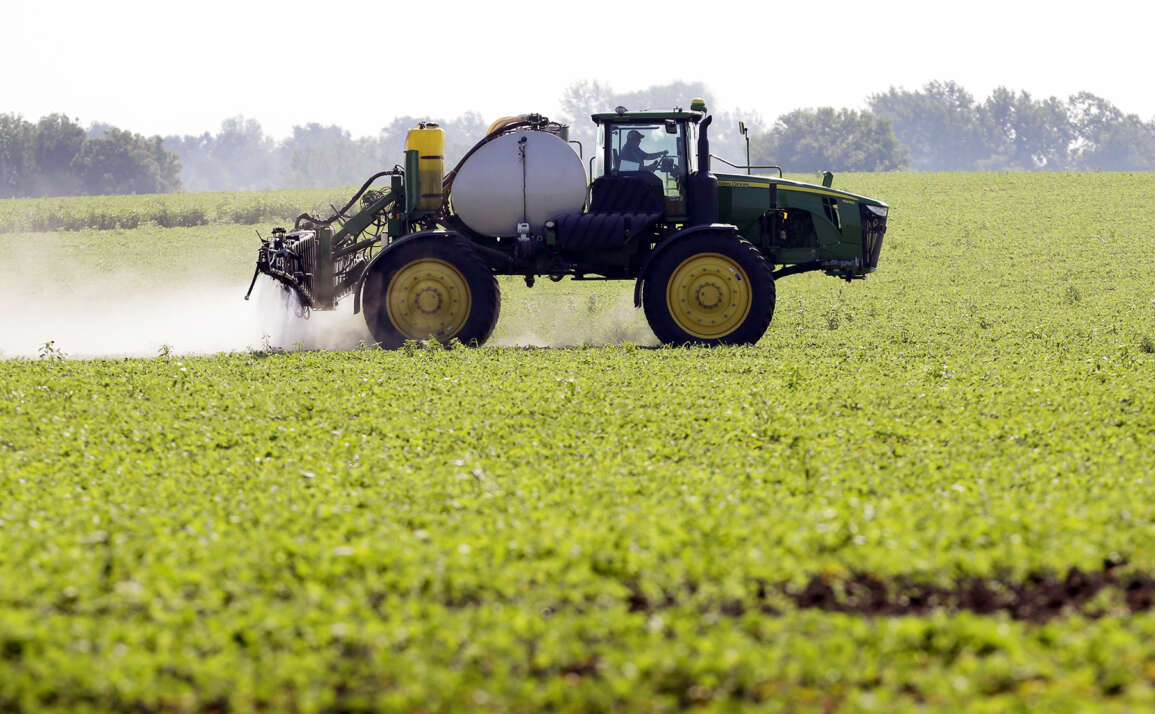Current Insights and Future Prospects for Insect Pesticide Resistance
Many are familiar with the harms caused by invasive pest species and the pesticide solutions therein. However, these solutions effect a separate modern challenge: Pesticide Resistance. We explore the implications of this phenomena on agriculture, ecosystems, and our health.
By Barry Sharp, Chief Scientific Officer
Humans have been seeking pest control solutions to protect not only ourselves from vector-borne diseases, but also our food supply, shelters and pets. However, widespread pesticide application across these sectors have engendered an unfortunate side effect – growing insect resistance to common pesticides.
Evolving through an extremely complex dance of genetic mutations, insects have honed their ability over years to withstand the onslaught of pesticides. Specifically, the overuse of certain chemicals, overlapping mechanisms of action and lack of innovation in the field are major contributions. This evolved resistance in insects has decreased the potency of common pest products, spawning generations of “superbugs” withstanding average treatments.
The consequences of insect pesticide resistance are multifaceted. From mosquitoes that carry diseases like dengue and Zika, to cockroaches and bedbugs that plague homes and hotels, the threats posed to humans are clear. Moreover, pests like termites and carpenter ants can wreak havoc on buildings, compromising structures and incurring hefty repair costs. Even our furry companions aren’t spared, as fleas and ticks that bite pets develop resistance. This culminates in increasingly applying volatile products in larger quantities.
Ecology and Food
These downstream effects can negatively impact avian and aquatic species, with consequences for other ecology. For example, salamander eggs can be destroyed by widely utilized pesticides, allowing for mosquito populations to flourish with fewer predators.

Agriculturally, the diminished efficacy of pesticides can translate to reduced crop yields and post-harvest losses from stored-crop pests, challenging the livelihoods of farmers and the security of global food production. Simultaneously, the environmental repercussions are palpable, with pesticide runoff infiltrating water sources and disrupting delicate ecosystems, jeopardizing biodiversity.
These evolved superbugs owe their tenacity to genetic mutations that naturally occur in populations over time. The rapidity with which this happens raises alarms for scientists and global citizens alike. Researchers are exploring innovative strategies to combat these resistant insects. Dara Scientific has specifically worked to develop novel plant-derived formulas – combining distinct and complementary chemical components that fight resistance via numerous modes of action.
For this ever-evolving problem, a harmonious solution lies in embracing sustainable innovations that ensure the safety and well-being of our communities and the planet.



